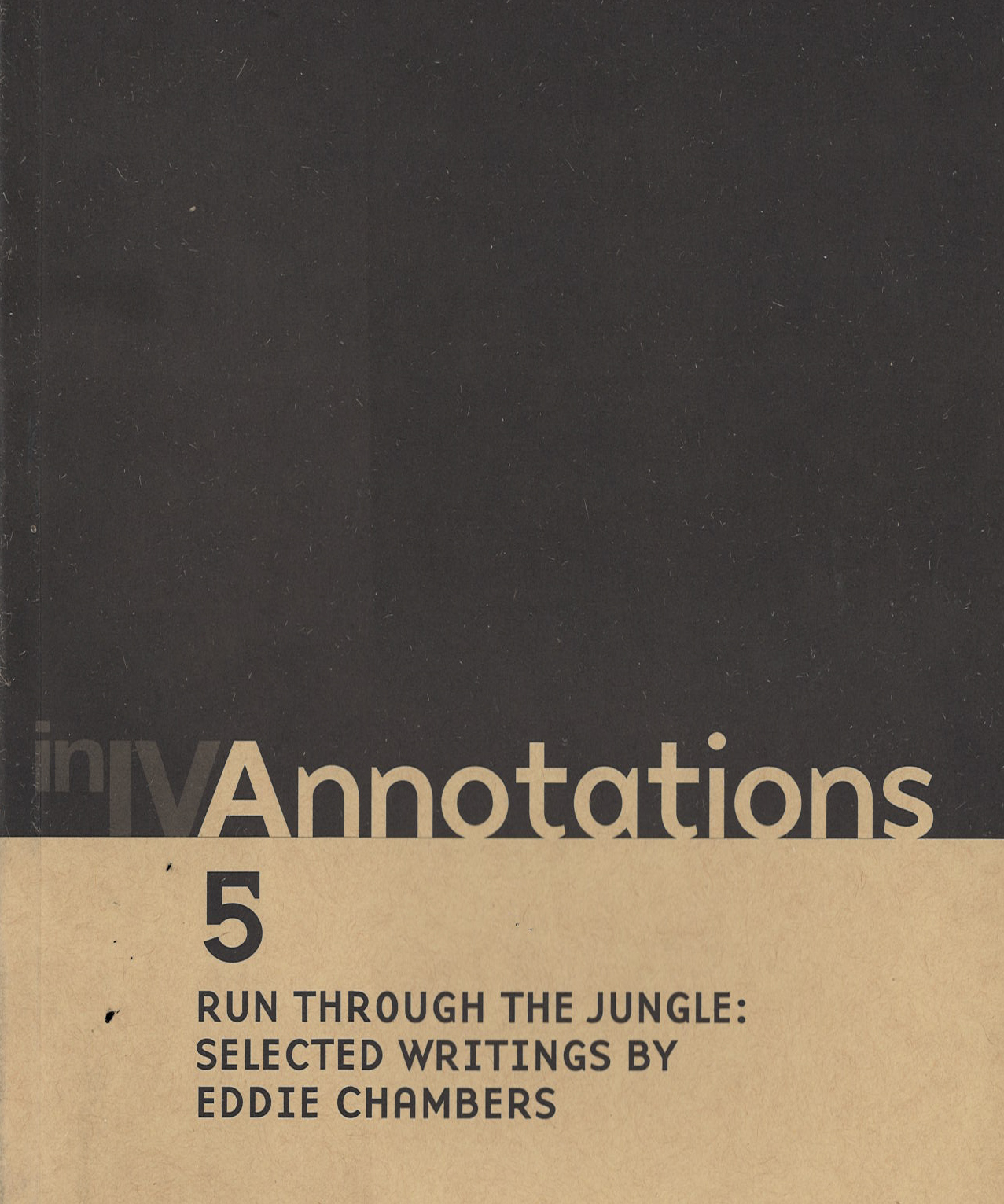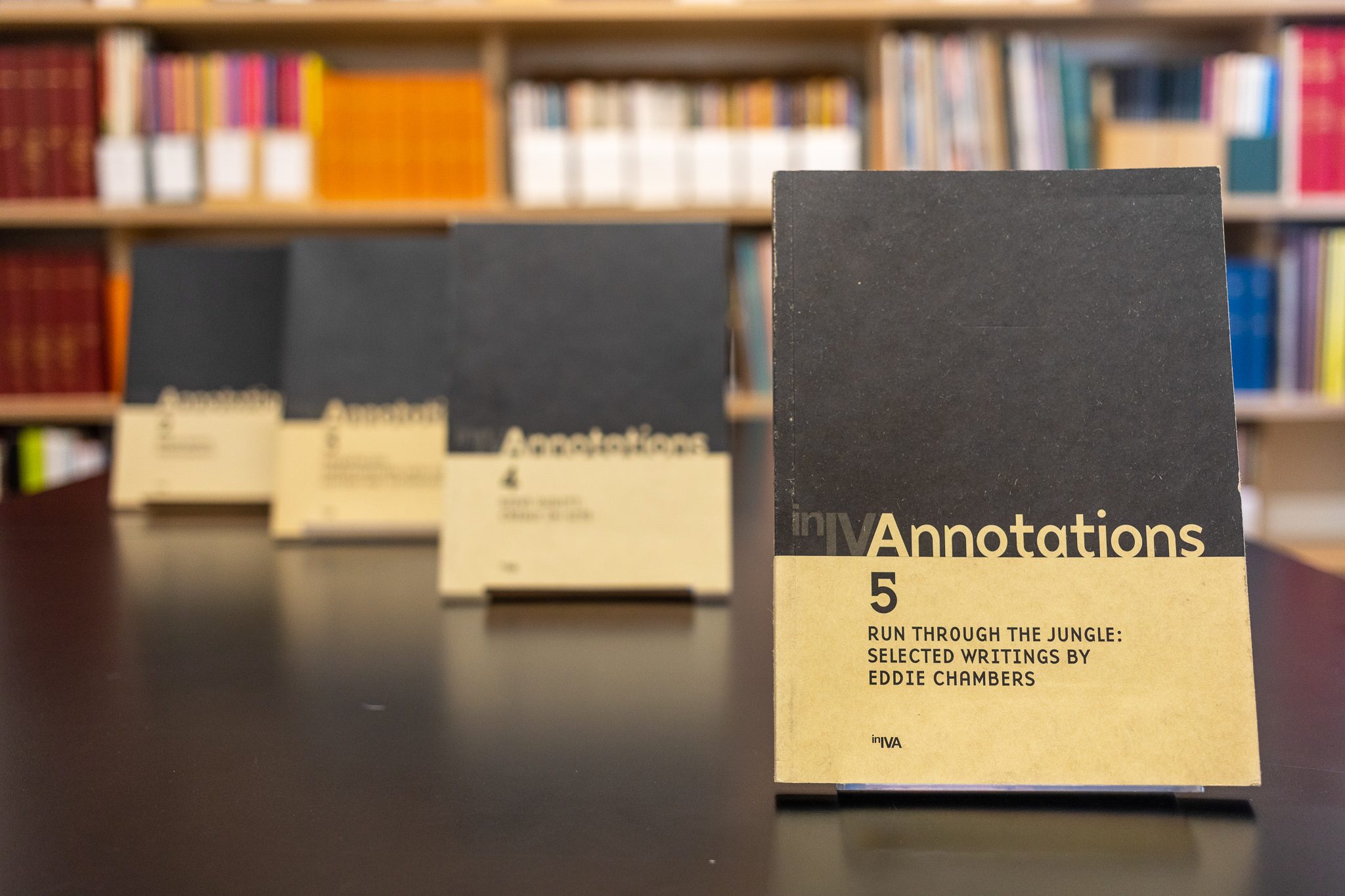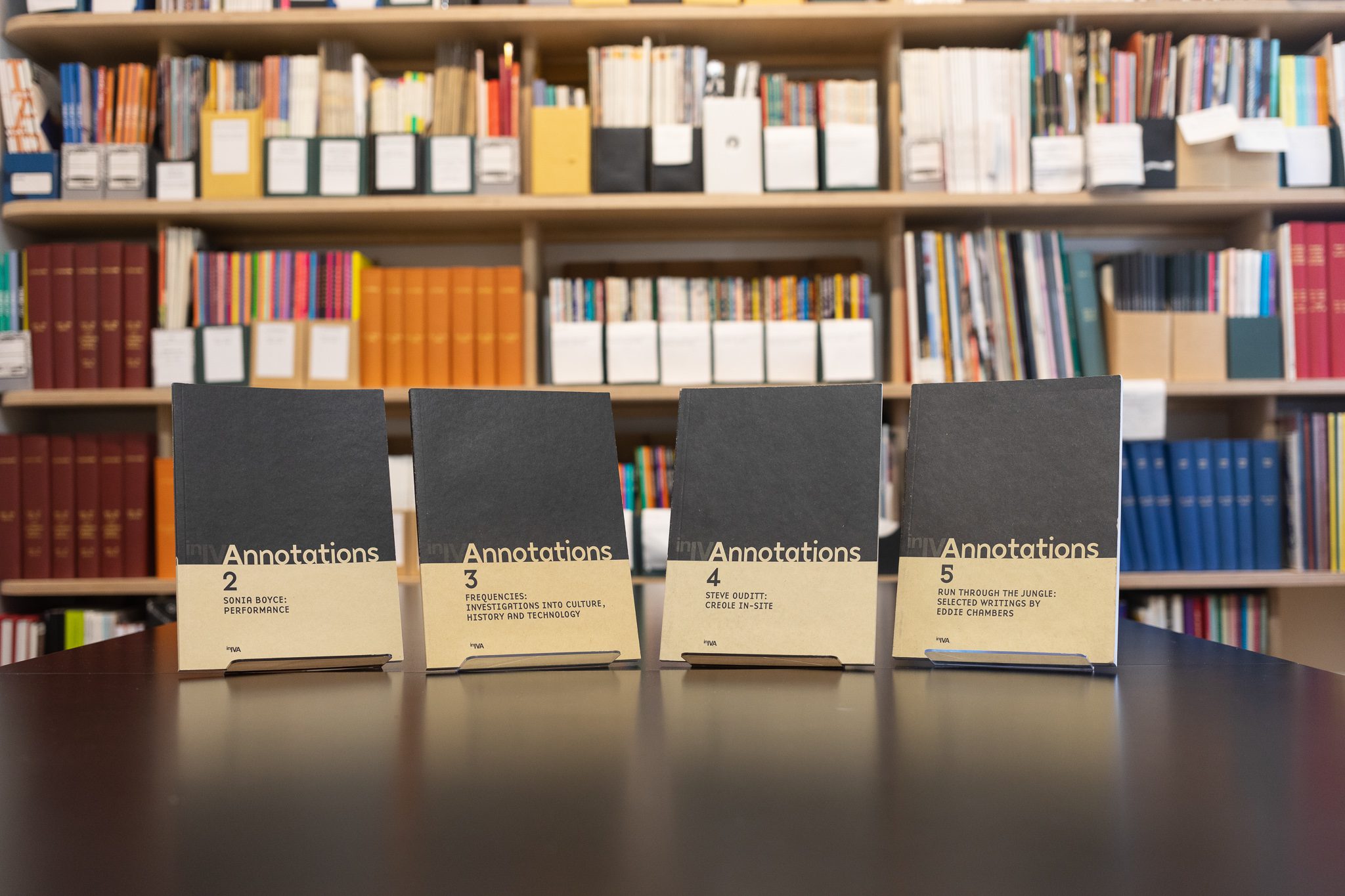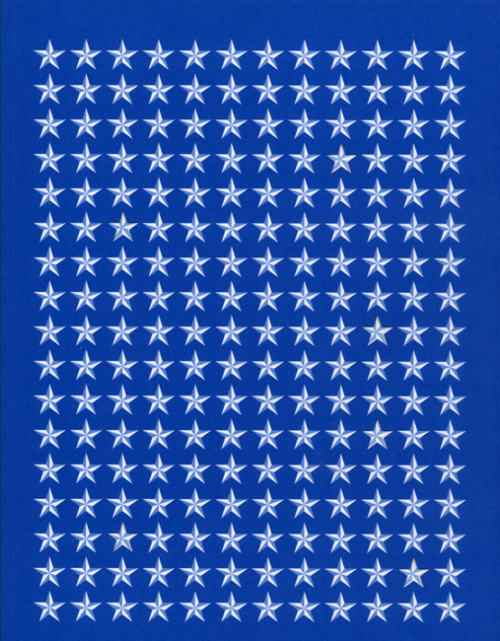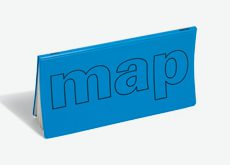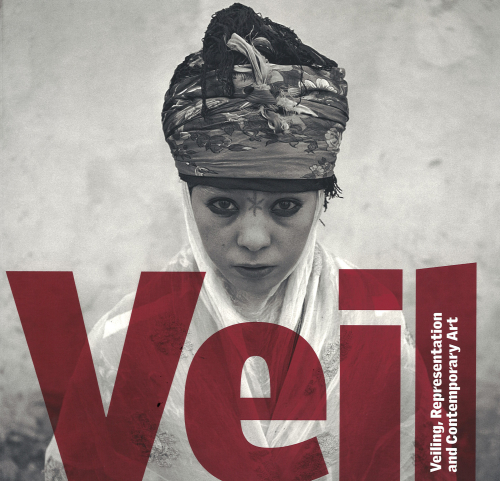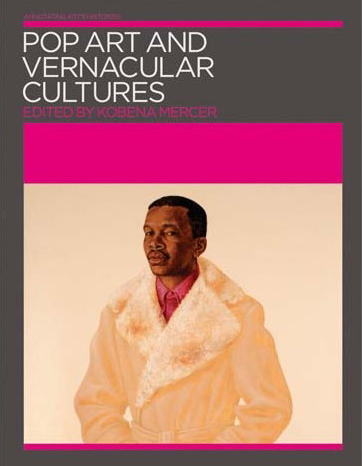Other titles in the series
Cedric Price Retriever
Modernity and Difference, Stuart Hall and Sarat Maharaj
Steve Ouditt: Creole in-site
Frequencies: Investigations into Culture, History and Technology
Sonia Boyce: Performance
Mixed Belongings and Unspecified Destinations
Shop
Annotations, Publications
Run Through the Jungle: Selected Writings by Eddie Chambers (Annotations 5)Eddie Chambers
£4.95
In stock
This book brings together writings by Eddie Chambers, one of Britain’s most controversial critics and curators. A selection of his writings from the early 1980s to the late 1990s are published here for the first time and include seminal texts and reviews such as ‘Beyond Ethnic Arts’ (Circa, 1985), ‘Black Art Now’ (Third Text, 1991), ‘Whitewash’ (Art Monthly, 1988) and ‘Johannesburg’ (Art Monthly, 1998). With an introduction by Professor Sarat Maharaj, this collection maps out a key period of post-war British art which saw the emergence of an important generation of black British artists and curators who irrevocably changed the face of the British art scene.
ISBN: 1-899846-20-4
140pp, paperback, 225 x 165mm, 19 illustrations
Iniva, 1999
Annotations series
Iniva’s Annotations series assembles art and ideas that have existed previously in a different context. These short accessible volumes are perfect introductions to some of the issues at the heart of current critical debate.
More Info
What people say
'Eddie Chambers looks on Black Art as ceaseless volcanic activity that smoulders away beyond the explosion of its birth ... He speaks from within the smoky murk and flux when elements of Black life, art and politics where unfolding rapidly and coming into shape. The sometimes prickly, often taut, telegraphic tone rings true - shot through with quite unexpected cool, English understatement and black wit.' Sarat Maharaj
'Run Through the Jungle should be made compulsory reading on all curating courses that are currently preparing the future managers of culture.' David Burrows - Art Monthly
